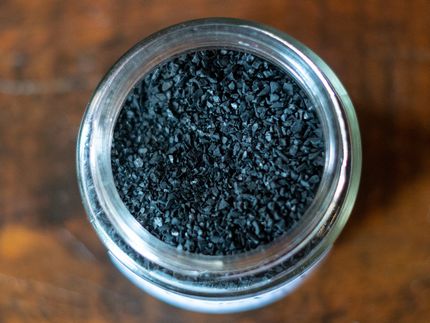Roquette and Rhodia Acetow sign joint development agreement for the elaboration of new plant-based polymers
Advertisement
Roquette and Rhodia Acetow have signed a Joint Development Agreement (JDA) to develop new plant-based polymers. The JDA will enable both companies to leverage synergies bringing together respective competencies in the field of plant-based polymer chemistry.
Jean Bernard Leleu, Deputy CEO and Research Innovation Development Director of Roquette commented: “Our goal is to continuously search for new solutions in growth markets and to boost our competitiveness with new technologies. This agreement is an excellent opportunity to speed up the development of a new range of starch derivatives, offering a cost competitive and sustainable alternative to fossil based polymers.”
“This JDA will accelerate the launch of new polymers based on renewable raw material, for which the demand is drastically increasing. The plant-based polymer cellulose acetate and cellulose acetate fibre will remain the key products for Rhodia Acetow. This agreement is one first step towards the diversification of our product portfolio,” stated Gérard Collette, President of Rhodia Acetow.
Thanks to Roquette’s expertise in starch derivatives and Rhodia’s industrial technologies, some trials of starch acetate production will be carried out from early 2012 providing several tons which will be available for testing in diverse industrial applications. Potential fields of application include paper, paint and dye sectors and pharmaceuticals.
Most read news
Other news from the department business & finance

Get the chemical industry in your inbox
By submitting this form you agree that LUMITOS AG will send you the newsletter(s) selected above by email. Your data will not be passed on to third parties. Your data will be stored and processed in accordance with our data protection regulations. LUMITOS may contact you by email for the purpose of advertising or market and opinion surveys. You can revoke your consent at any time without giving reasons to LUMITOS AG, Ernst-Augustin-Str. 2, 12489 Berlin, Germany or by e-mail at revoke@lumitos.com with effect for the future. In addition, each email contains a link to unsubscribe from the corresponding newsletter.



























































